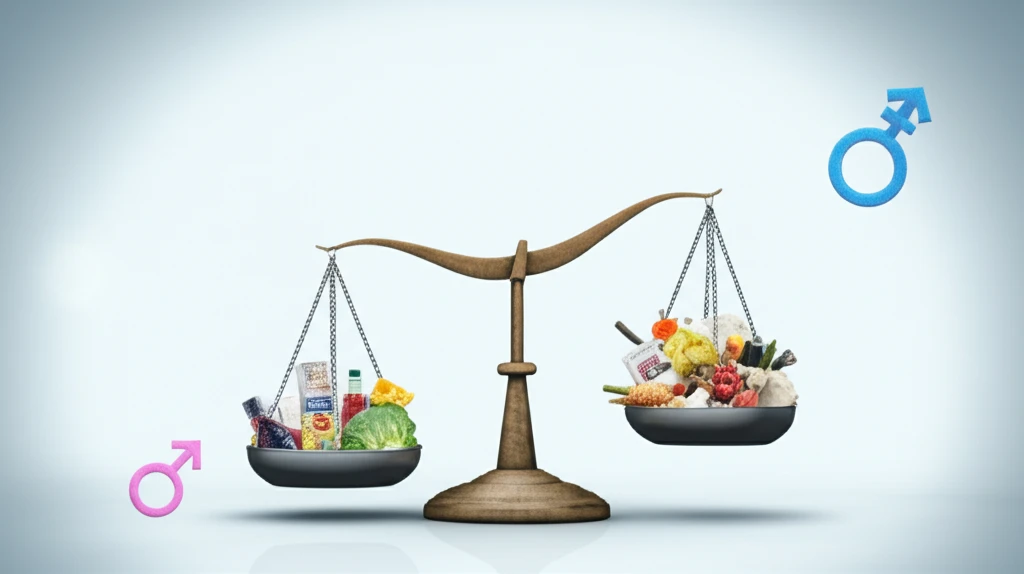
Do Ethics Sell? Unlocking the Fair Trade Consumer Code
"A deep dive into the values and gender dynamics shaping purchasing decisions in the ethical marketplace."
In today's world, consumers are increasingly aware of the impact of their purchasing decisions. They're not just looking for the best price or the most convenient option; they're also considering the ethical implications of their choices. This heightened awareness has fueled the growth of the fair trade market, where consumers actively seek products that align with their values and support fair labor practices.
Fair trade products, often carrying a premium price tag, present an interesting dilemma for consumers. Are they willing to pay more to support ethical practices, or will their concerns about societal and environmental issues take a back seat to monetary considerations and self-interest? This question has spurred significant academic interest in understanding the factors that drive consumers to choose fair trade products.
A recent study delved into the minds of Dutch consumers to uncover the key determinants of fair trade product purchase intention. By applying an extended version of the Theory of Planned Behavior (TPB), researchers explored how factors like moral obligation, self-identity, and gender influence the decision to buy fair trade. The findings offer valuable insights into the complex interplay of values and motivations that shape ethical consumer behavior.
What Drives Fair Trade Choices? The Key Factors Unveiled

The study's foundation rests on the Theory of Planned Behavior (TPB), a widely used framework for understanding human behavior. TPB posits that a person's intention to perform a behavior is influenced by their attitude toward the behavior, subjective norms (perceived social pressure), and perceived behavioral control (belief in one's ability to perform the behavior).
- Attitude: A positive attitude toward buying fair trade products increases purchase intention.
- Subjective Norms: The perception that others support buying fair trade products positively influences intention.
- Perceived Behavioral Control: Believing one has the resources and ability to buy fair trade products boosts intention.
- Moral Obligation: A strong sense of moral duty to support fair trade increases purchase intention.
- Self-Identity: Seeing oneself as an ethical consumer strengthens the desire to buy fair trade products.
The Gender Factor: How Men and Women Differ in Their Ethical Choices
While moral obligation and self-identity emerged as key drivers for both genders, the study also revealed interesting gender differences in fair trade purchasing behavior. The impact of subjective norms, or the perceived social pressure to buy fair trade, was statistically significant for male consumers only. This suggests that men are more likely to be influenced by what their peers and social circles expect of them when making ethical purchasing decisions.
